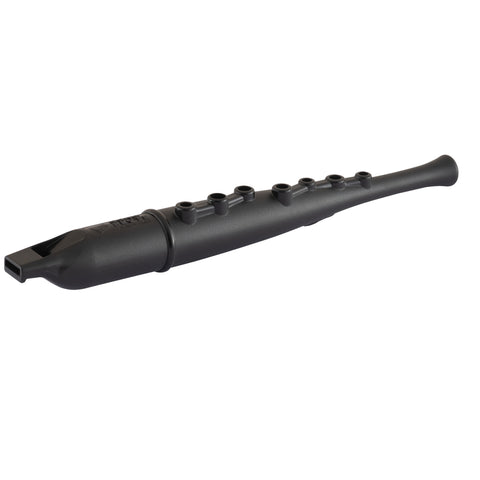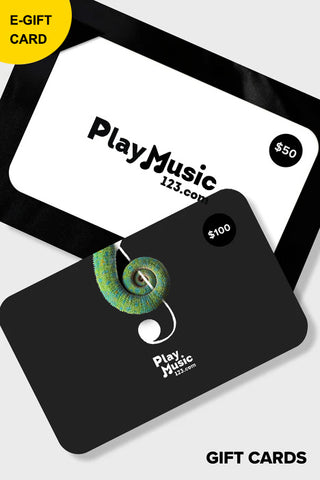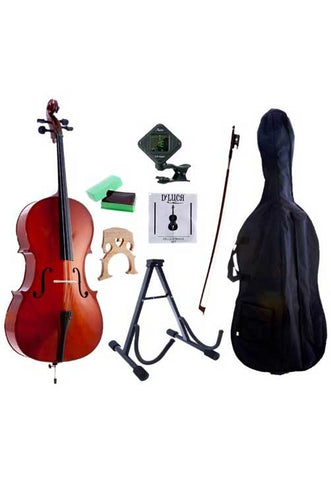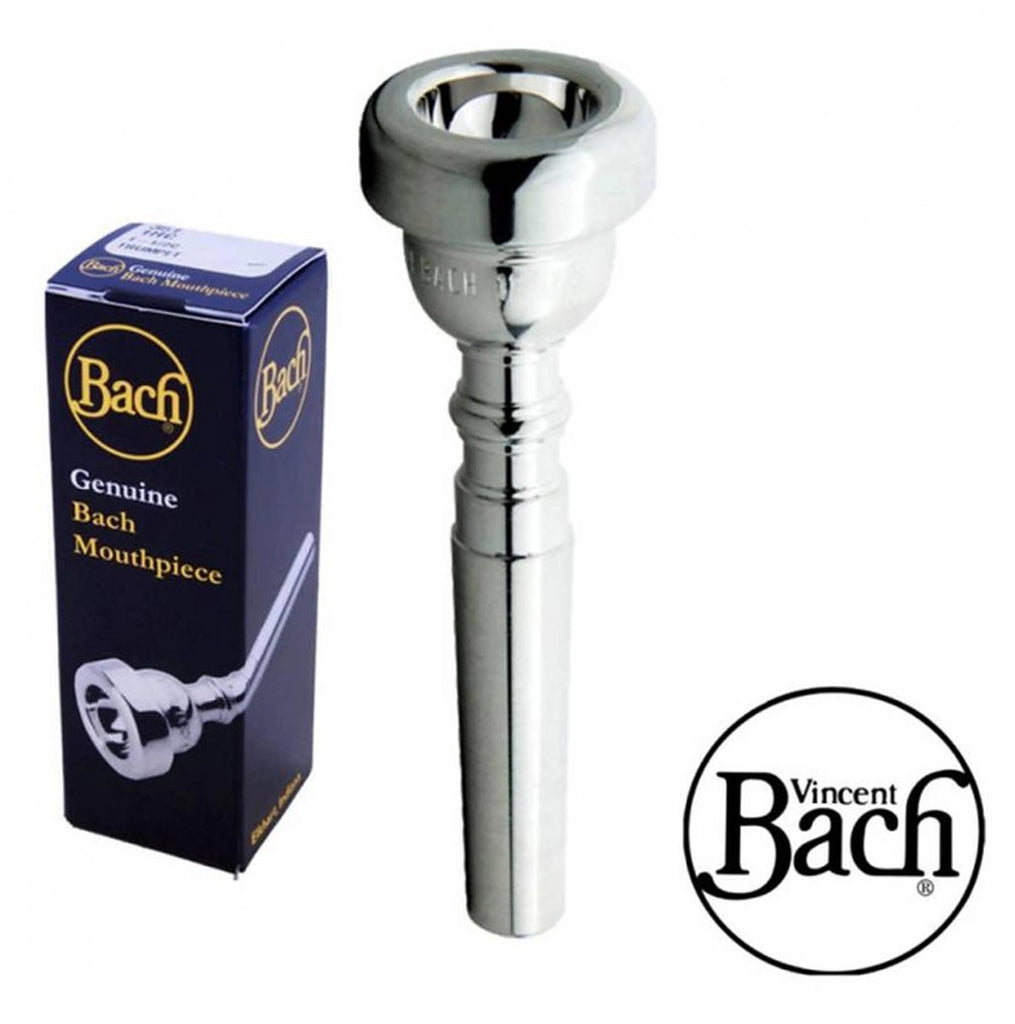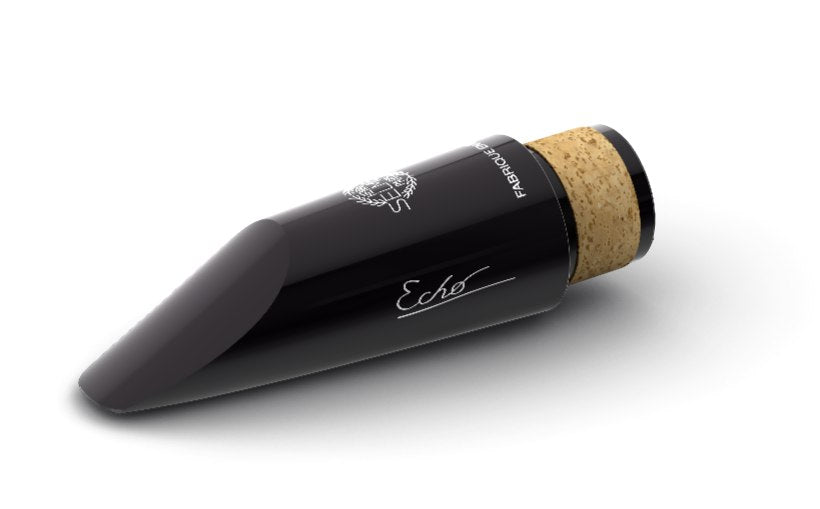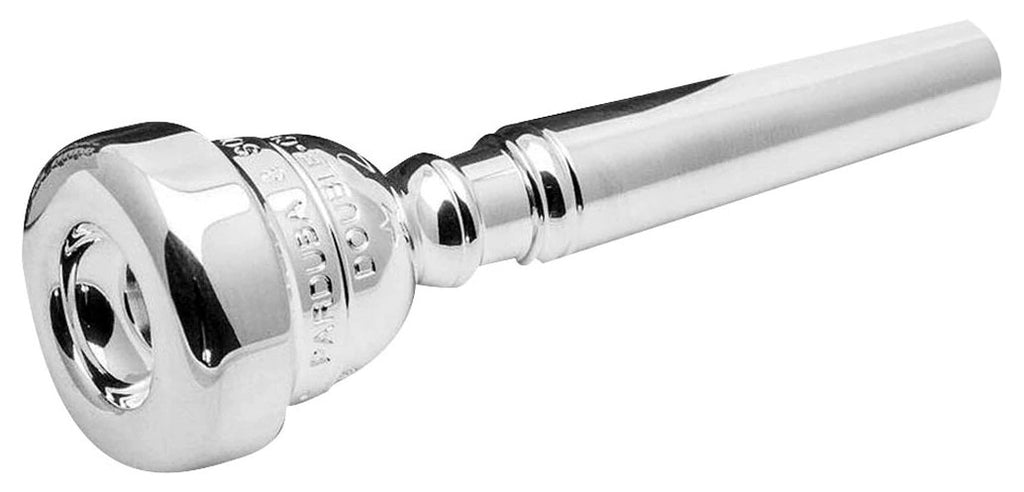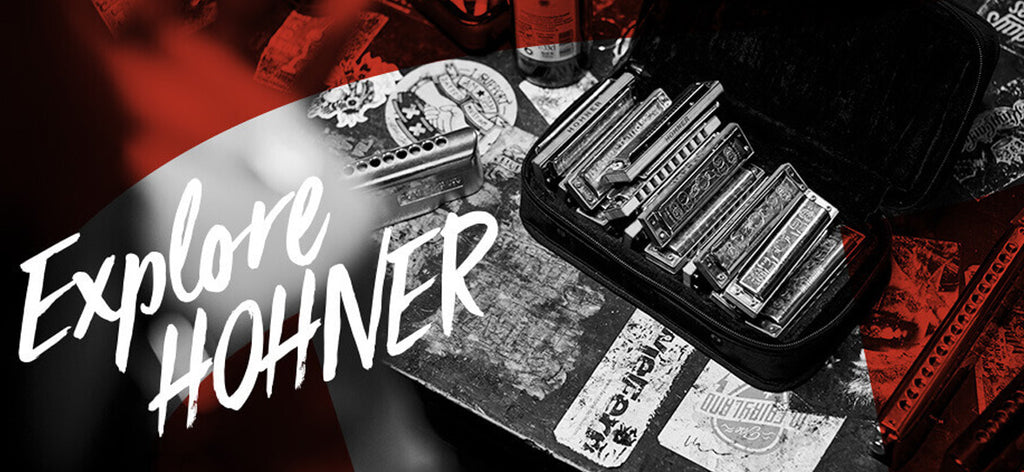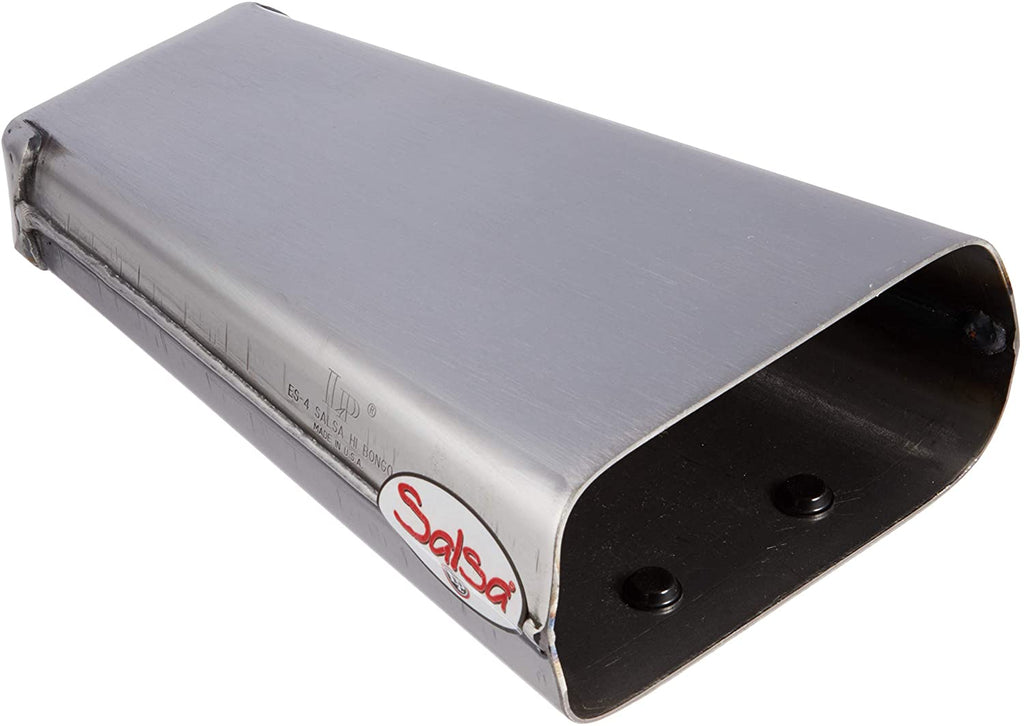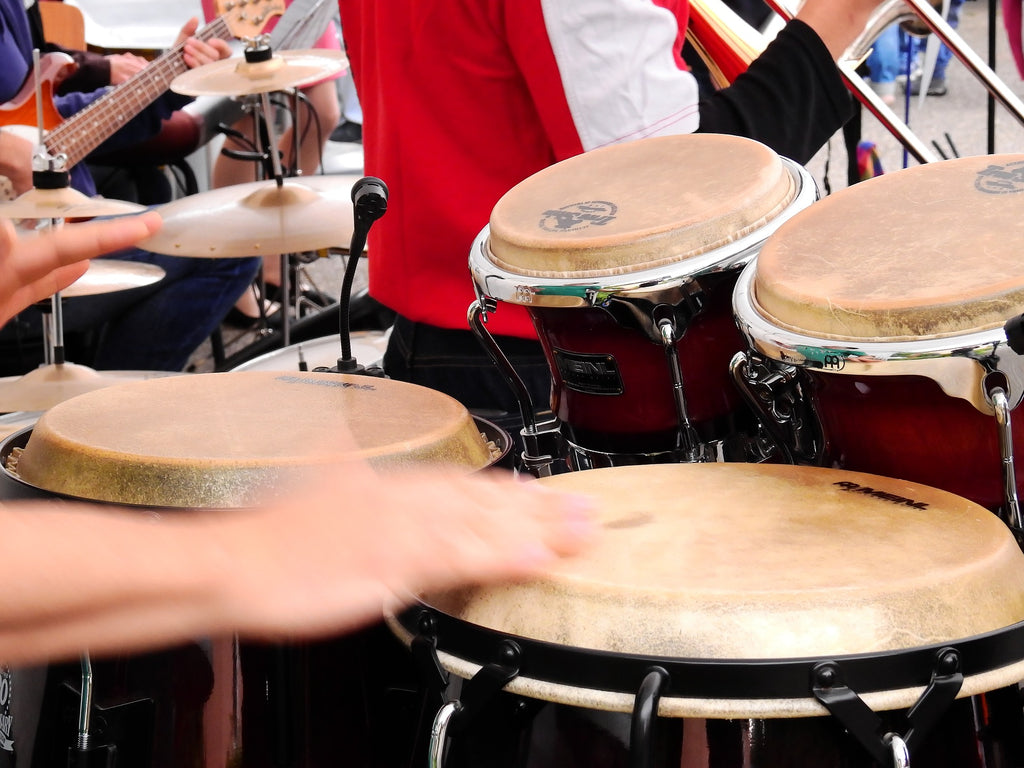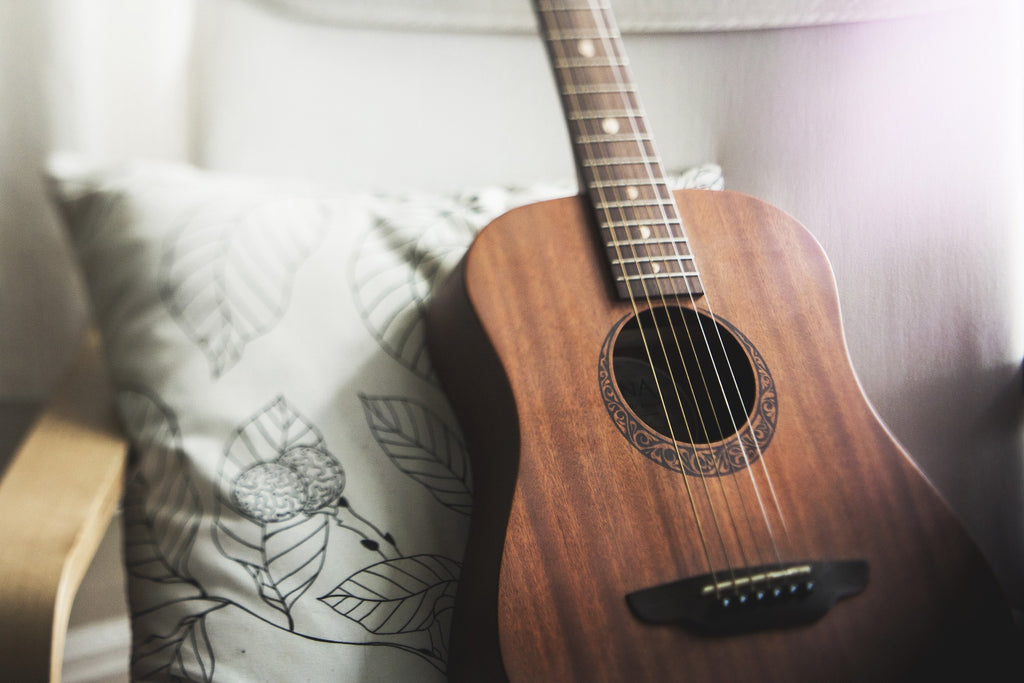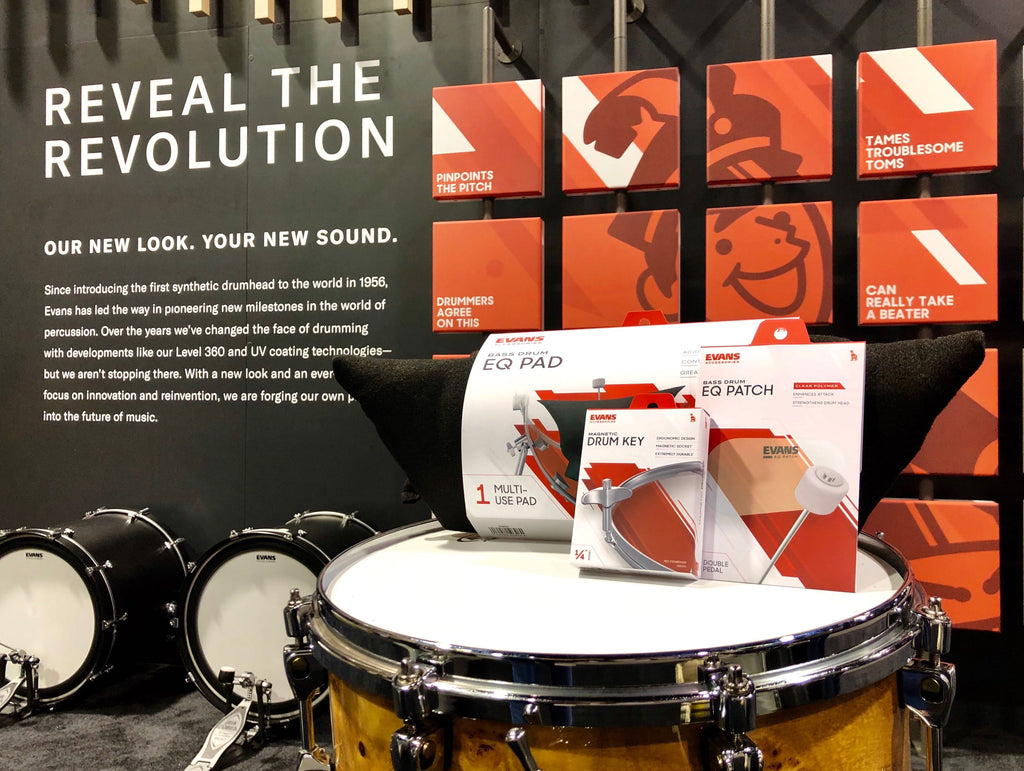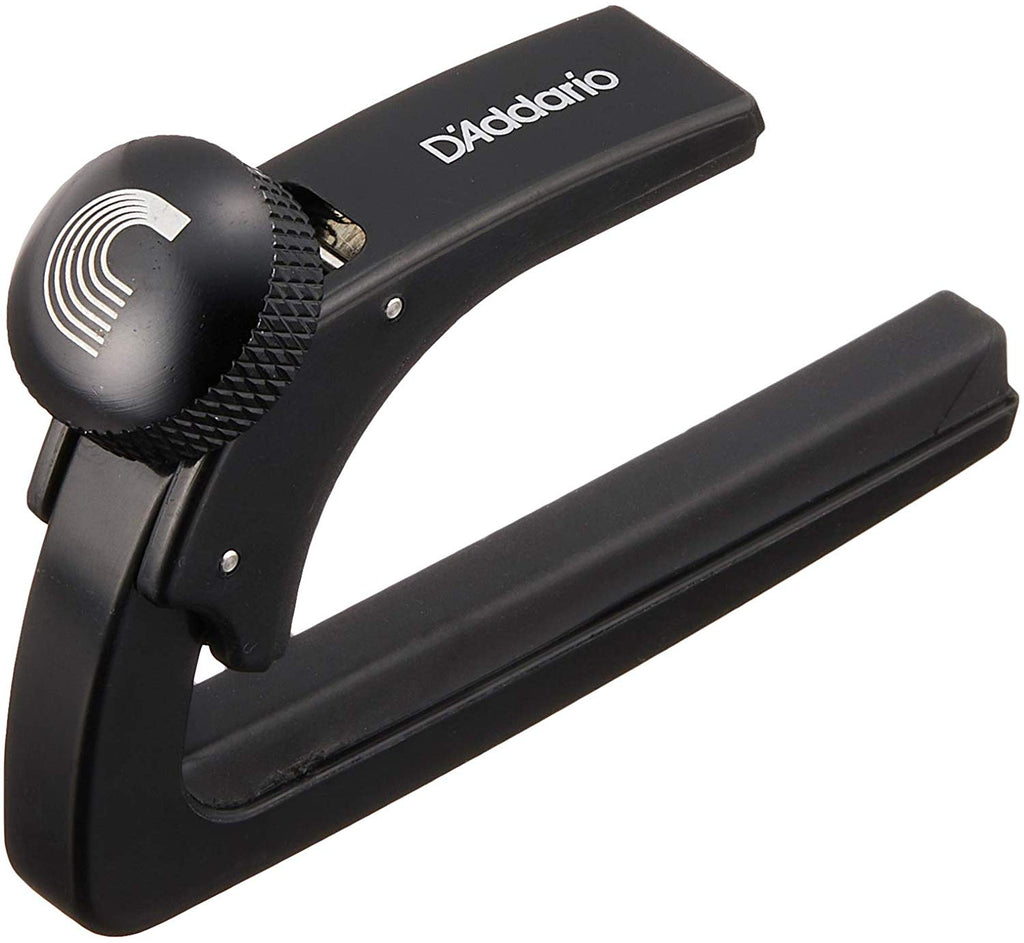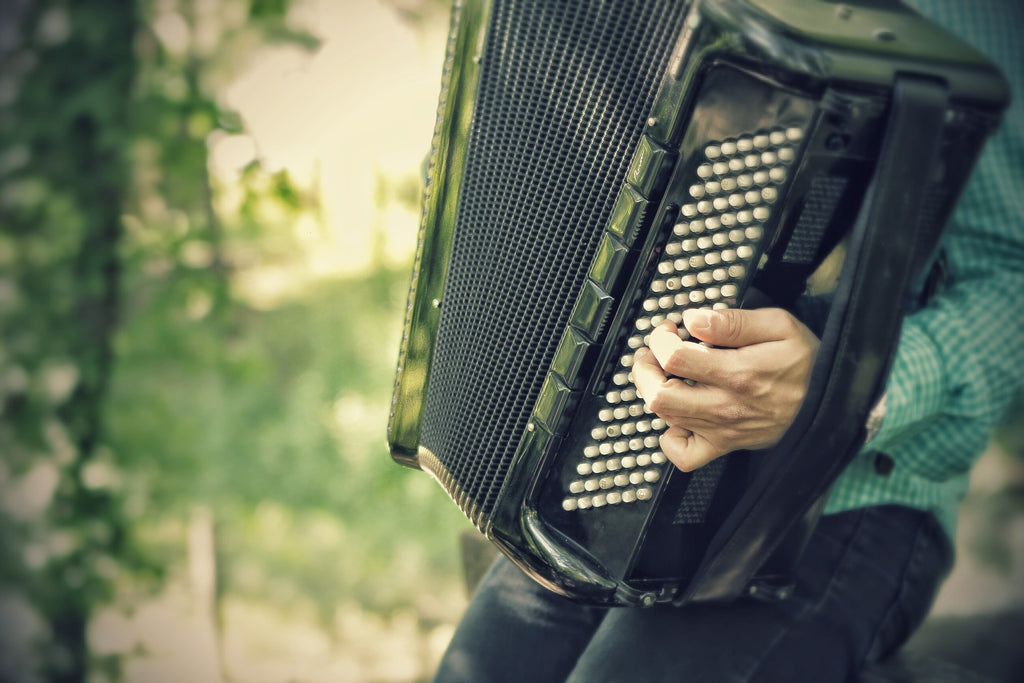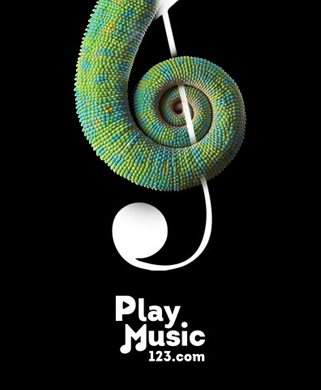Before You Buy or Rent a Band Instrument
- News
- 26 Jun, 2016

PlayMusic123.com’s Teach Me how!! Was created by our expert musicians to offer our customers useful information and instrument recommendations. With this guide you will learn which are the most important factors when buying a Musical instrument and how they affect the price, the sound, quality and other elements involved.
Here are some guidelines when buying your Musical Instruments:
• Determine Your Budget • Buying a New Instrument • Buying a Used Instrument • Renting Your Instrument • Compare Before You Commit Name Brands vs. Off Brands
Determine Your Budget
With any important purchase, determining your budget must always be your first step. Bear in mind that if you are serious about learning to play an instrument, you must set aside a substantial amount in order to purchase a quality item. If you are simply flirting with playing and decide to quit halfway into the year, don’t lose much in terms of money spent on the instrument.
There is a Cost of Learning to Play an Instrument: Learning to play an instrument should be looked at as an investment. Like my father used to say, "Education is something that can never be taken away from you." Just as we emphasize the importance of going to school to learn academics, taking music lessons should also be looked at as valuable education.
Here are some additional costs you should consider if you plan on studying a music instrument: tuition, other Equipment your instrument may need (reeds, cleaning kits, mouthpiece, etc.), Sheet Music, Insurance and Maintenance.
Buying a New Instrument
The advantages of buying a new instrument is that you are assured you are the first owner, that your item should be working properly, and important components of your musical instruments are brand new and won’t need replacement or adjustments.
Over recent years the gap between cheap and expensive instruments has been narrowing, almost to the point where a $300 saxophone is very nearly as good in every respect as a $1000 instrument, this element is another reason why buying a new instrument results a better decision.
If you have the money, there is no doubt your first option should be to buy a new instrument. But for those of us who are on a tight budget, buying a second hand music instrument is always an option. Many times I have discovered items that are on good quality at priced really low but beware when it comes to buying a second hand instrument, is not always a good decision; some of those instruments have been stored on bad conditions without any maintenance at all, in many cases these instruments were rentals and are sold as is without cleaning and disinfecting, be careful your purchase can not last long and some times you pay more for repairs.
Buying new is always better!!
Buying a Used Instrument
Buying a used musical instrument could certainly be cheaper but keep in mind that cheaper doesn't always mean you found a good bargain. You can find used music instruments through newspaper ads, flea markets, pawnshops, bulletin board ads in school etc. Be sure to bring along someone who knows a lot about instruments to help you determine the quality.
Some New instruments as flute, clarinet or trumpet are as low as $99.95, if you are going to pay $75 or $100 for a used instrument, you better consider buying a new one, this of course will depend on the brand and quality of the used instrument.
It can be very hard to tell a great deal from a lemon. Treat buying a used instrument like you might a used car, bring it to someone who knows about instruments and can look it over before the final purchase is made. If a used instrument comes from a music store, it might cost nearly as much as the same instrument new, if the instrument comes with no guarantees and is being sold as is, make sure to get a good super low price since you do not know what are you buying.
Important: PlayMusic123.com do not sell Used, Scratched, Dented or Damaged Musical instruments, PlayMusic123.com distributes exclusively Brand New Musical Instruments.
Renting
One of the disadvantages of renting is that you are never going to keep the instrument unless you pay for it, some music stores have rental programs with option to buy, check how much you need to pay after your finish your rental term, it is possible than you end paying more than the actual retail price. Other important thing to consider when you rent is that some of these instruments are old and been used for many people, that means that you may need to pay for repairs and maintenance after you buy it.
Before you rent ask how much you will pay for rental monthly fee, insurance and deposits, get in writing return and repair policies.
Compare Before You Commit
Buying your first musical instrument is very exciting but don't be carried away. Give yourself time to visit different stores in you area and online, compare the quality and prices. Do not buy unless you know what you are getting and know how much you are paying for.
Your teacher can be very helpful when selecting a musical instrument, particularly if the teacher is a good player. It is important, however, to make sure the teacher can be objective in the selection. There are occasions where the teacher is getting a commission from the dealer or shop. This can be a very awkward situation.
Some Music Stores and Music Teachers might tell you that you will need to get a very expensive instrument that is not true; you need what you can afford! Do not let them sell to you a very expensive instrument even if they offer you credit, when this happens you finished paying 3 times the value of the instrument and some times high monthly payments as if you were paying for a brand new car.
Name Brands Vs Off Brand
Like purchasing any product, buying a well-known brand generally assures you of a good quality product, with a company that stands behind it. These instruments may cost more, but they often include better warranties and, if needed, parts will be more easily obtained. This does not mean that you cannot find an off-brand that is of equal quality; as we previously mention over recent years the gap between cheap and expensive instruments has been narrowing, almost to the point where a $300 saxophone is very nearly as good in every respect as a $1000 instrument.
There is controversy about this topic, many Retail stores recommend exclusively expensive Brand name instruments mainly because profit margins are bigger but also because they have no access to lower quality musical instruments.
To the majority of players the most important thing is obviously the sound of the instrument, but other factors to take into account is intonation, consistency of tone across the range, build quality, feel, ergonomics, cosmetics and resale value.
The Internet will be a most helpful tool when it comes to this. Write down the brands you're most interested in and jot down the pros and cons of each brand. Ask advice from experts such as your music teacher.
How do I Subscribe this post?
To receive updates and news about our Blog please subscribe by clicking this link Subscribe to this blog's RSS feed then go to the blog and click Subscribe to this feed.
